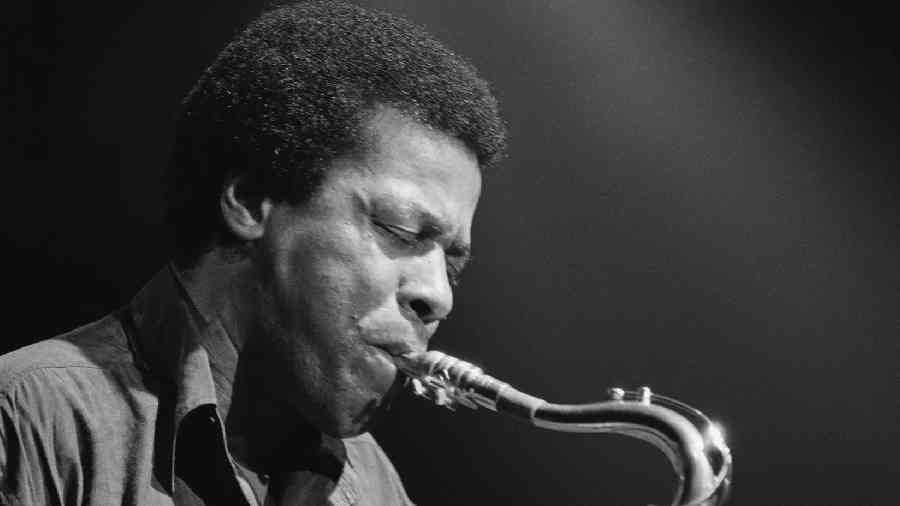Wayne Shorter, the enigmatic, intrepid saxophonist who shaped the color and contour of modern jazz as one of its most intensely admired composers, died on Thursday in Los Angeles. He was 89.
His publicist, Alisse Kingsley, confirmed his death, at a hospital. There was no immediate information on the cause.
Shorter had a sly, confiding style on the tenor saxophone, instantly identifiable by his low-gloss tone and elliptical sense of phrase. His sound was brighter on soprano, an instrument on which he left an incalculable influence; he could be inquisitive, teasing or elusive, but always with a pinpoint intonation and clarity of attack.
His career reached across more than half a century, largely inextricable from jazz’s complex evolution during that span. He emerged in the 1960s as a tenor saxophonist and in-house composer for pace-setting editions of Art Blakey’s Jazz Messengers and the Miles Davis Quintet, two of the most celebrated small groups in jazz history.
He then helped pioneer fusion, with Davis and as a leader of Weather Report, which amassed a legion of fans.
He also forged a bond with popular music in marquee collaborations with the singer-songwriter Joni Mitchell, the guitarist Carlos Santana and the band Steely Dan, whose 1977 song “Aja” reaches a dynamic climax with his hide-and-seek tenor solo.
Shorter wrote his share of compositions that became jazz standards, like Footprints, a coolly ethereal waltz, and Black Nile a driving anthem. Beyond his book of tunes, he was revered for developing and endlessly refining a modern harmonic language. His compositions, sleek and insinuating, can convey elegant ambiguities of mood. They adhere to an internal logic even when they break the rules.
His recorded output as a leader, especially during a feverishly productive stretch on Blue Note Records in the mid-1960s — when he made “Night Dreamer,” “JuJu,” “Speak No Evil” and several others, all post-bop classics — compares favorably to the best winning streaks in jazz.
Since the turn of the 21st century, the Wayne Shorter Quartet — by far Shorter’s longest-running band, and the one most garlanded with acclaim — set an imposing standard for formal elasticity and cohesive volatility, bringing avant-garde practice into the heart of the jazz mainstream.
Shorter often said he was drawn to music because it has “velocity and mystery.”
A lifelong fan of comic books and science fiction, he kept a shelf crowded with action figures and wore T-shirts emblazoned with the Superman “S” logo. In his later years, he cut the figure of a sage with a twinkle in his eye, issuing cryptic or elliptical statements that inevitably came back to a sense of play.
“Don’t throw away your childish dreams,” he said in 2012. “You have to be strong enough to protect them.”
Throughout his career he refused to hew too closely to any tradition except that of fearless expedition.
“The word ‘jazz,’ to me,” he liked to say, “only means ‘I dare you.’”

